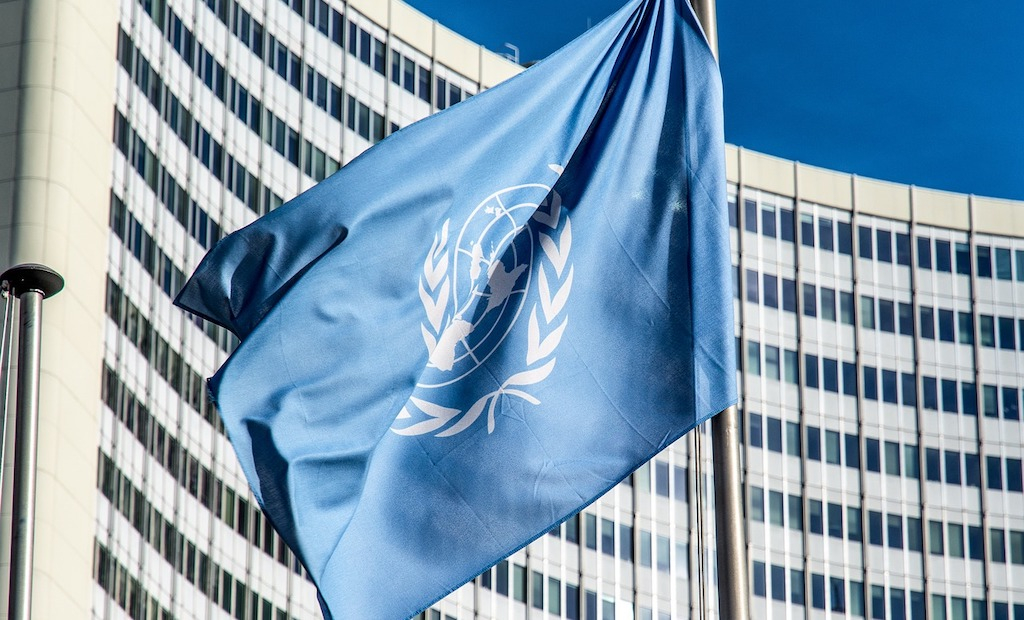UN accused of spreading cholera in Haiti

A United Nations military base on the Artibonite river in Nepal, primary source of water for the surrounding populace, has been accused of sparking the 2010 outbreak of cholera in Haiti – one of the worst epidemics in their recent history.
The UN has previously refused to pay compensation to the families of the victims and has repeatedly denied the possibility that the base could have caused the epidemic, citing stringent sanitation.
UN Cholera expert Danielle Lantagne agrees that it is “most likely” to be true that the outbreak began in the Nepalese camp from which UN peacekeepers travelled to Haiti.
The outbreak of cholera devastated the country which had been struggling to recover from the 2010 earthquake that took a toll of more than 300,000 lives.
Numbers show more than 6% of Haitians have had the disease which is now spreading to neighbouring countries including the Dominican Republic and Cuba. Around 8,000 people have died and hundreds and thousands have been infected and hospitalized since the outbreak began in October 2010, ten months after a 7.0 Richter scale earthquake hit the country.
The first cases of cholera were reported in October 2010 one hundred kilometres north of the capital, Port-au-Prince. By March 2011 it had killed 4672 people and hospitalised thousands. By December 2012 the number of victims had reached 40 deaths per week.
The spread has been partially blamed on the poor distribution of health supplies due to logistical problems, lack of access to clean drinking water and leaking sewage pipes at the UN camps.
Lawyers for the Institute for Justice and Democracy in Haiti have said they would soon be taking legal action against the UN and file claims for $100,000 (£64,000) for the families of those who have died and $50,000 (£32,000) for every one of the hundreds of thousands who have fallen sick.
The UN has been given 60 days to respond before a lawsuit is filed in New York.
Aastha Gill

























Facebook
Twitter
Instagram
YouTube
RSS